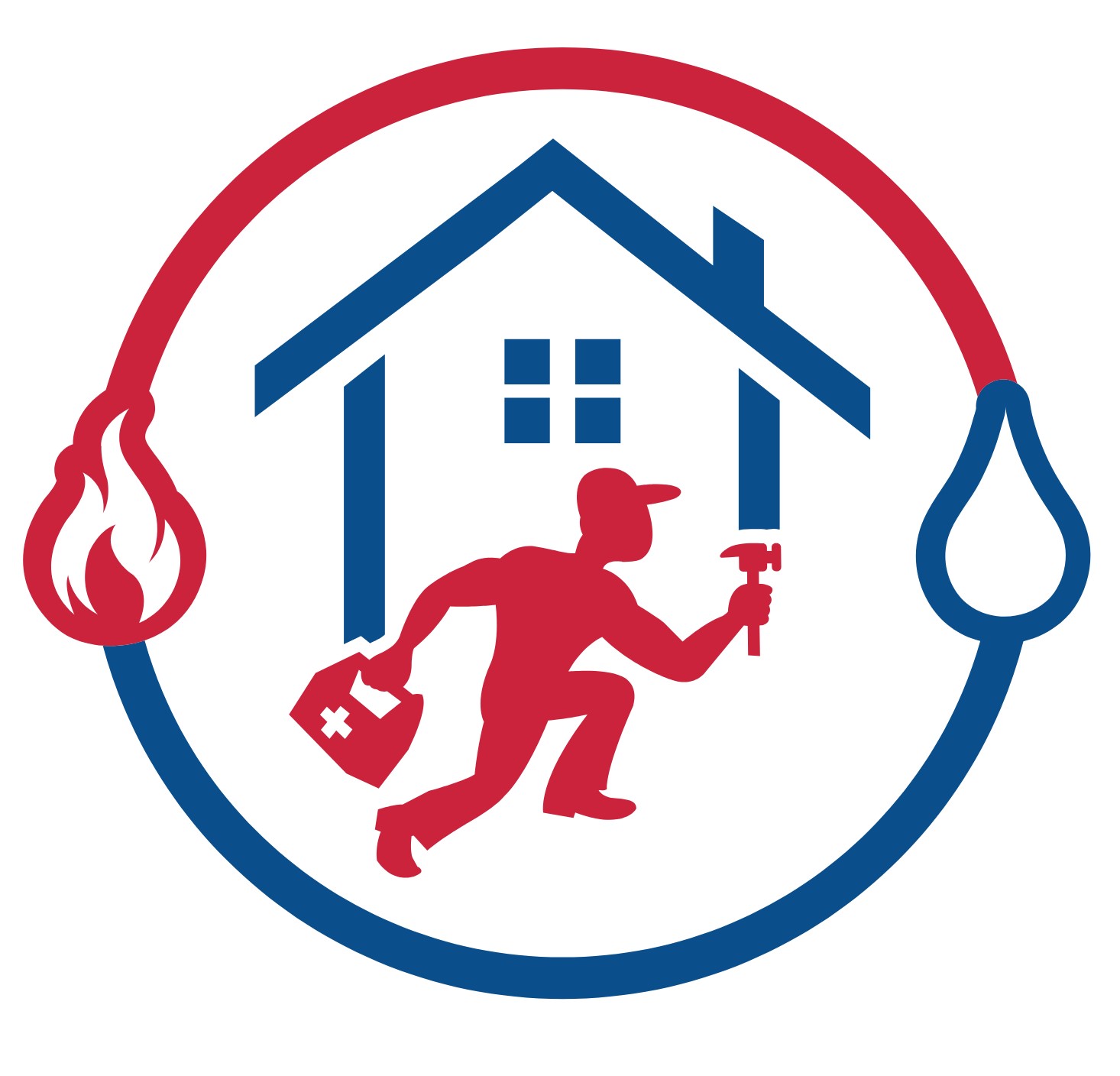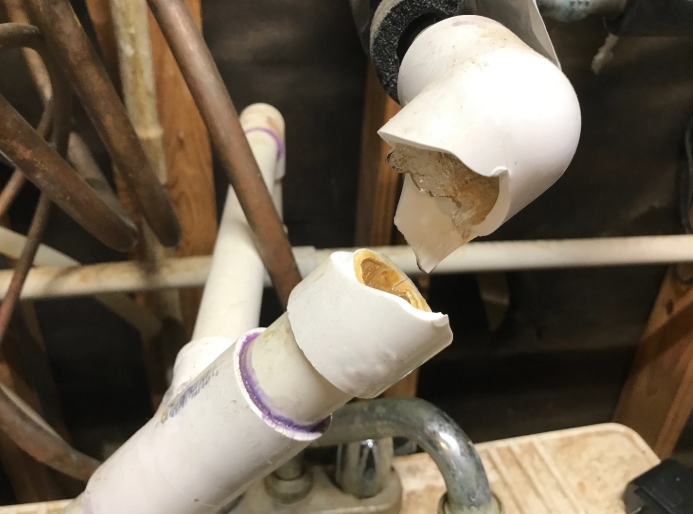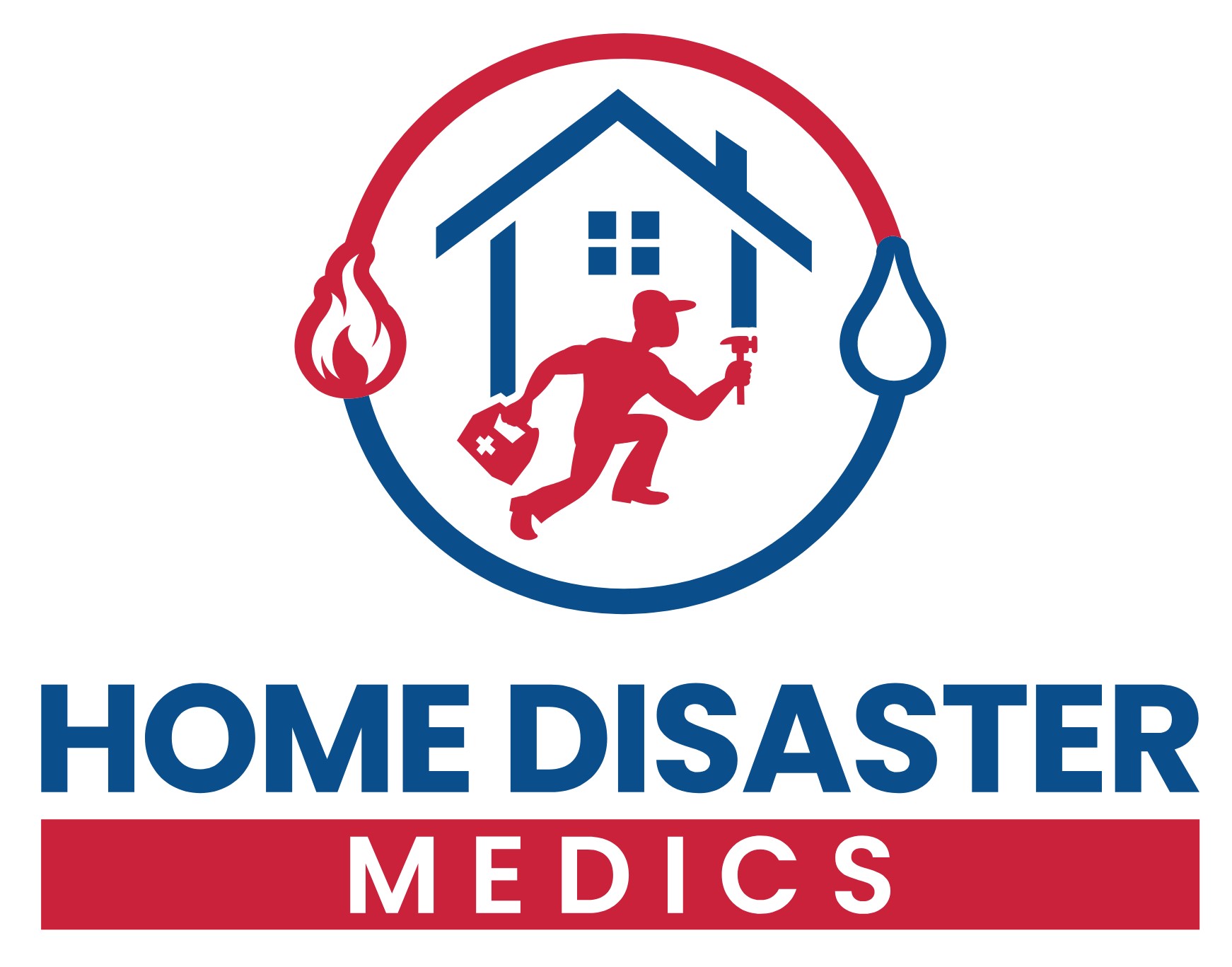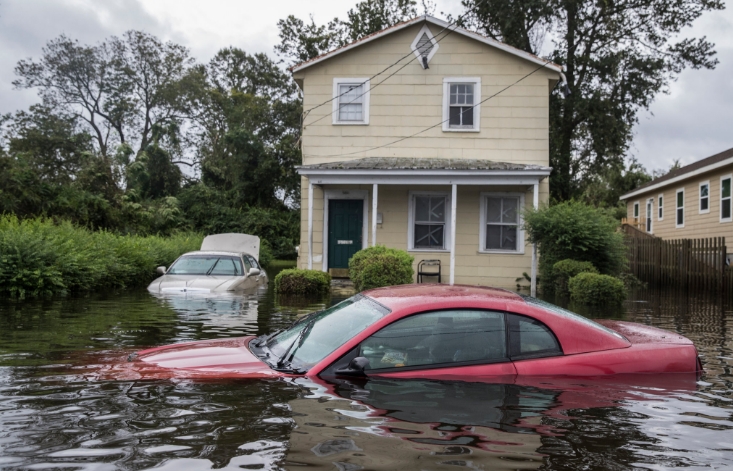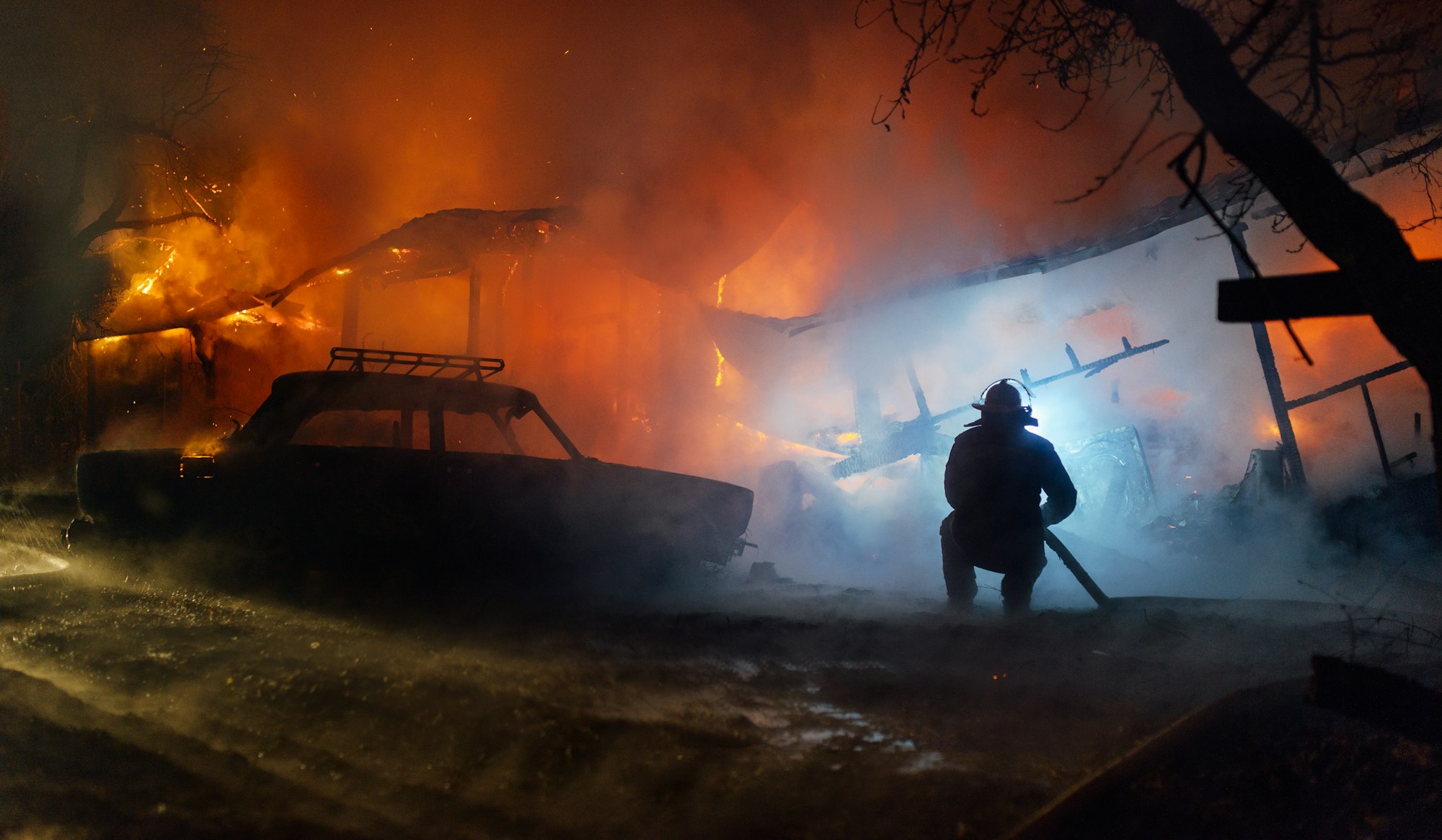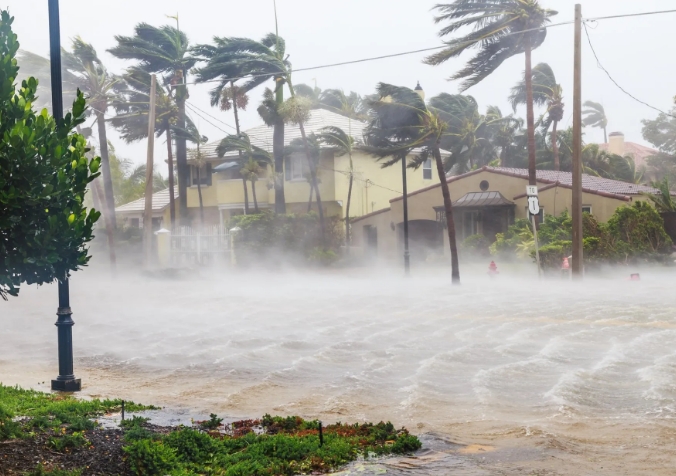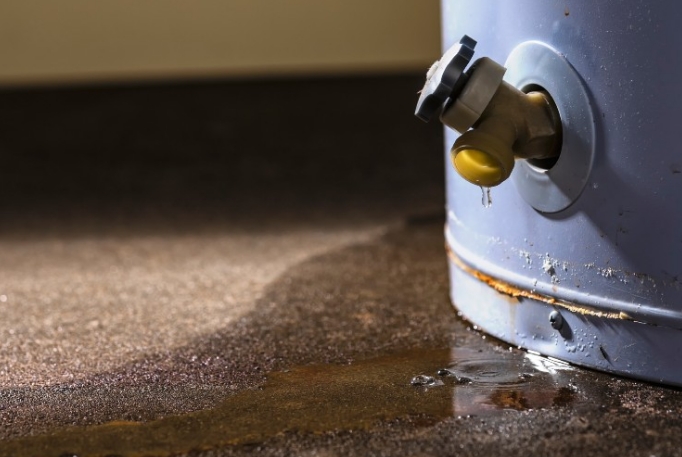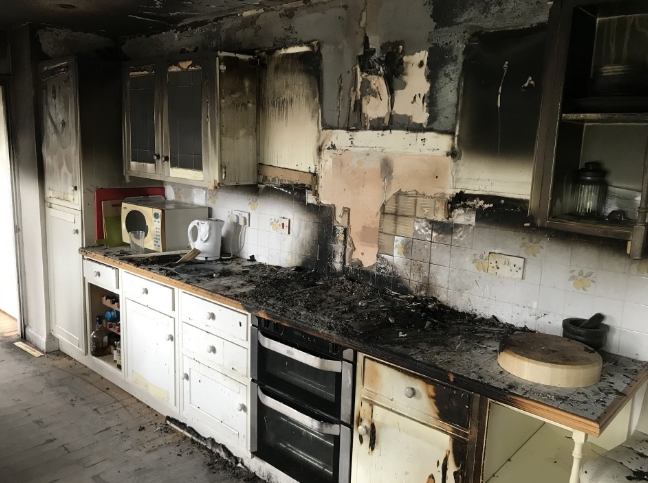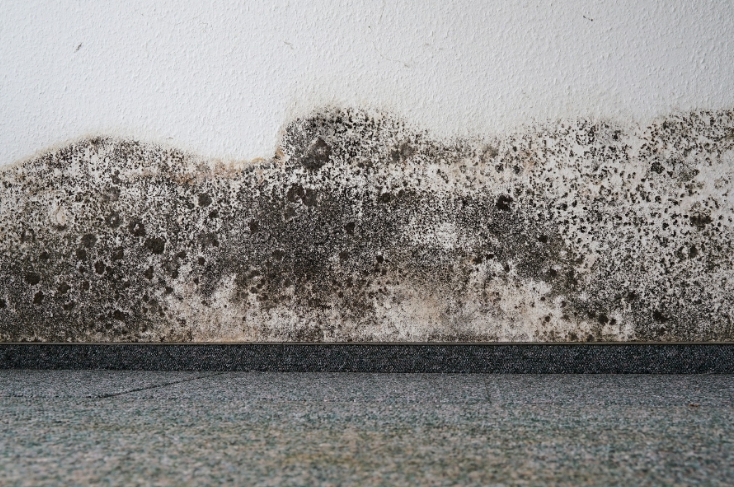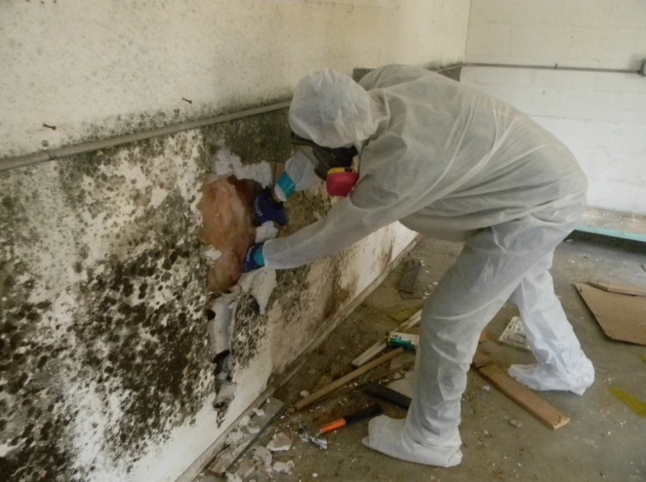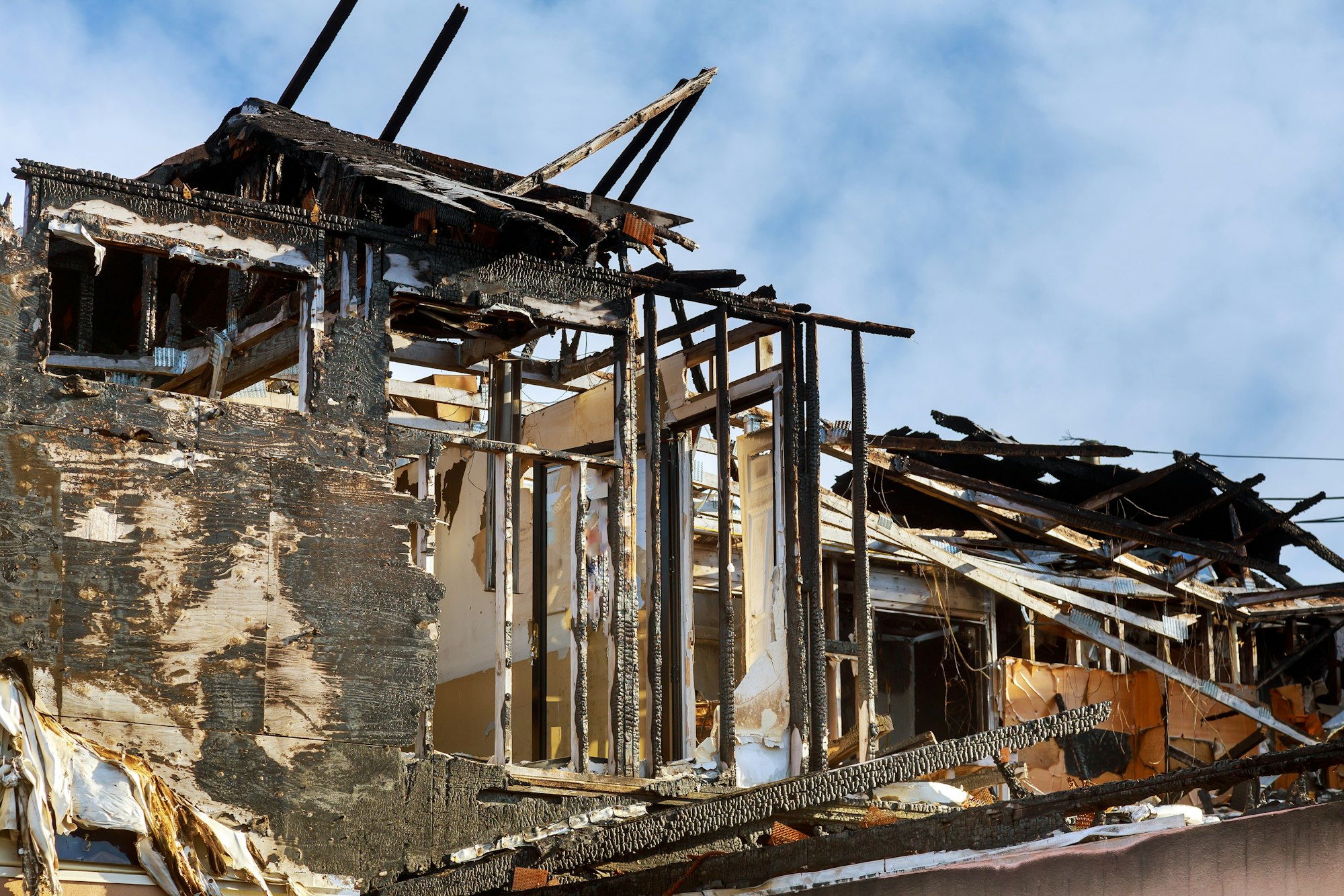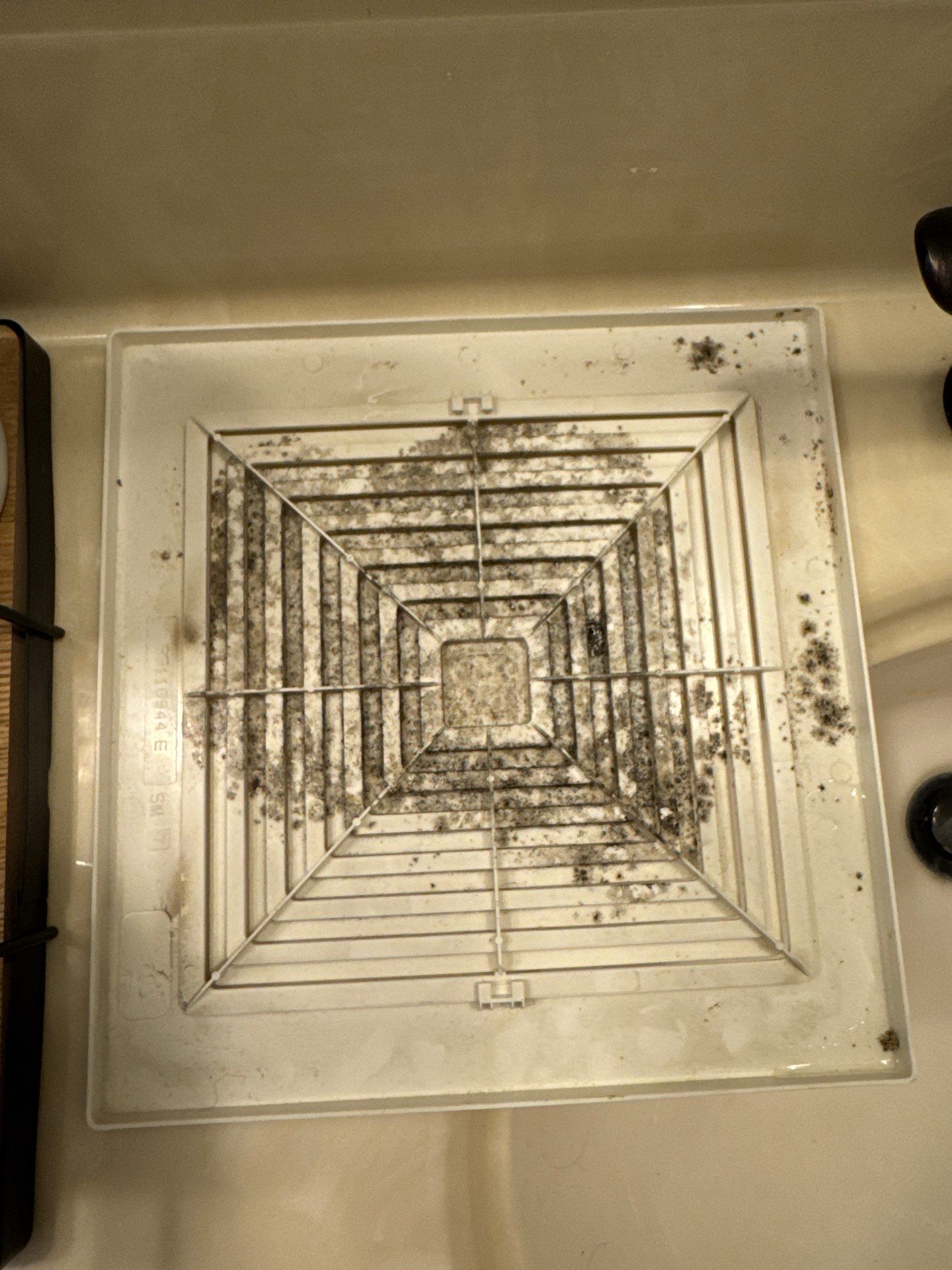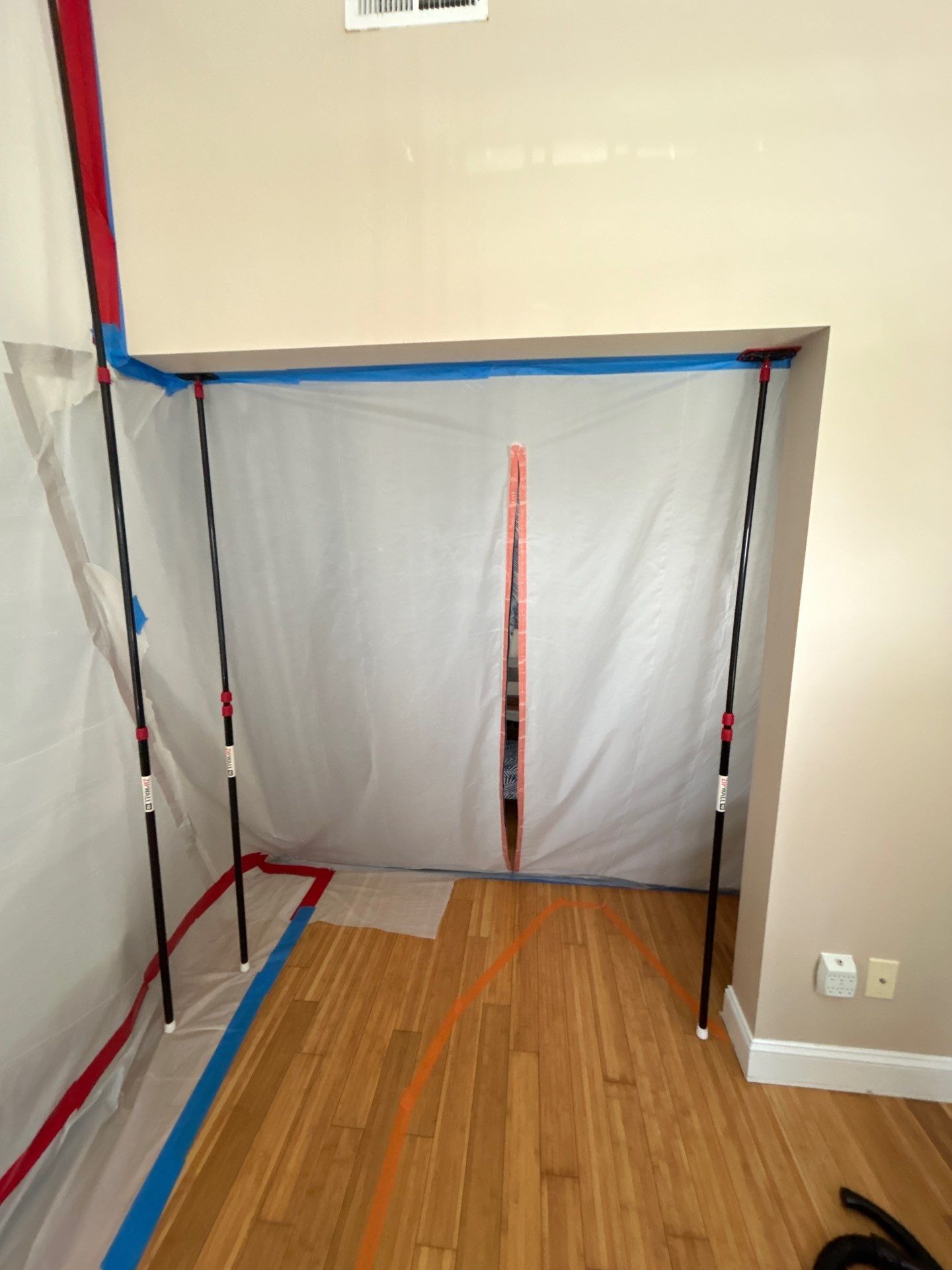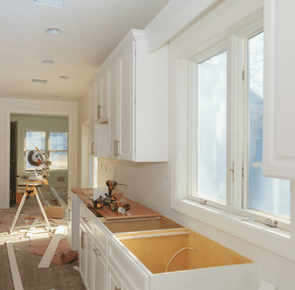Winter in Eastern North Carolina may not bring extreme cold like the northern states, but freezing temperatures can still cause pipes to burst, leading to water damage and costly repairs. Knowing how to handle a burst pipe quickly can save you from major headaches and expenses.
Why Do Pipes Burst in Winter?
When temperatures drop, water inside pipes can freeze and expand, creating pressure that eventually causes the pipe to rupture. This is most common in uninsulated or exposed pipes, such as those in attics, crawl spaces, or outside walls.
What to Do If a Pipe Bursts
- Shut Off the Water Immediately
Locate your main water shut-off valve and turn it off to prevent further flooding. This valve is usually found near your water meter, basement, or crawl space. - Turn Off Electricity in Affected Areas
If water is leaking near electrical outlets or appliances, shut off the power to prevent electrical hazards. - Drain the System
Open all faucets to release any remaining water in the pipes and reduce pressure. - Contain the Water
Use towels, buckets, or a wet vacuum to clean up standing water and prevent further damage to floors and walls. - Call a Professional
A licensed plumber should repair the broken pipe as soon as possible. If the burst pipe has caused significant water damage, a water restoration company like Home Disaster Medics can help with drying, mold prevention, and repairs.
Preventing Burst Pipes in the Future
- Insulate Pipes – Wrap exposed pipes with insulation or heating tape.
- Let Faucets Drip – Running a slow drip of water helps prevent freezing.
- Keep Your Home Warm – Maintain indoor temperatures above 55°F.
- Seal Drafts – Close gaps around windows and doors to keep cold air out.
Need Help with Water Damage?
If a burst pipe has left you with water damage, Home Disaster Medics is here to help! Our team specializes in water mitigation, mold prevention, and restoration services in Eastern North Carolina.
Call us today at (910) 777-7800 for fast and professional assistance.
